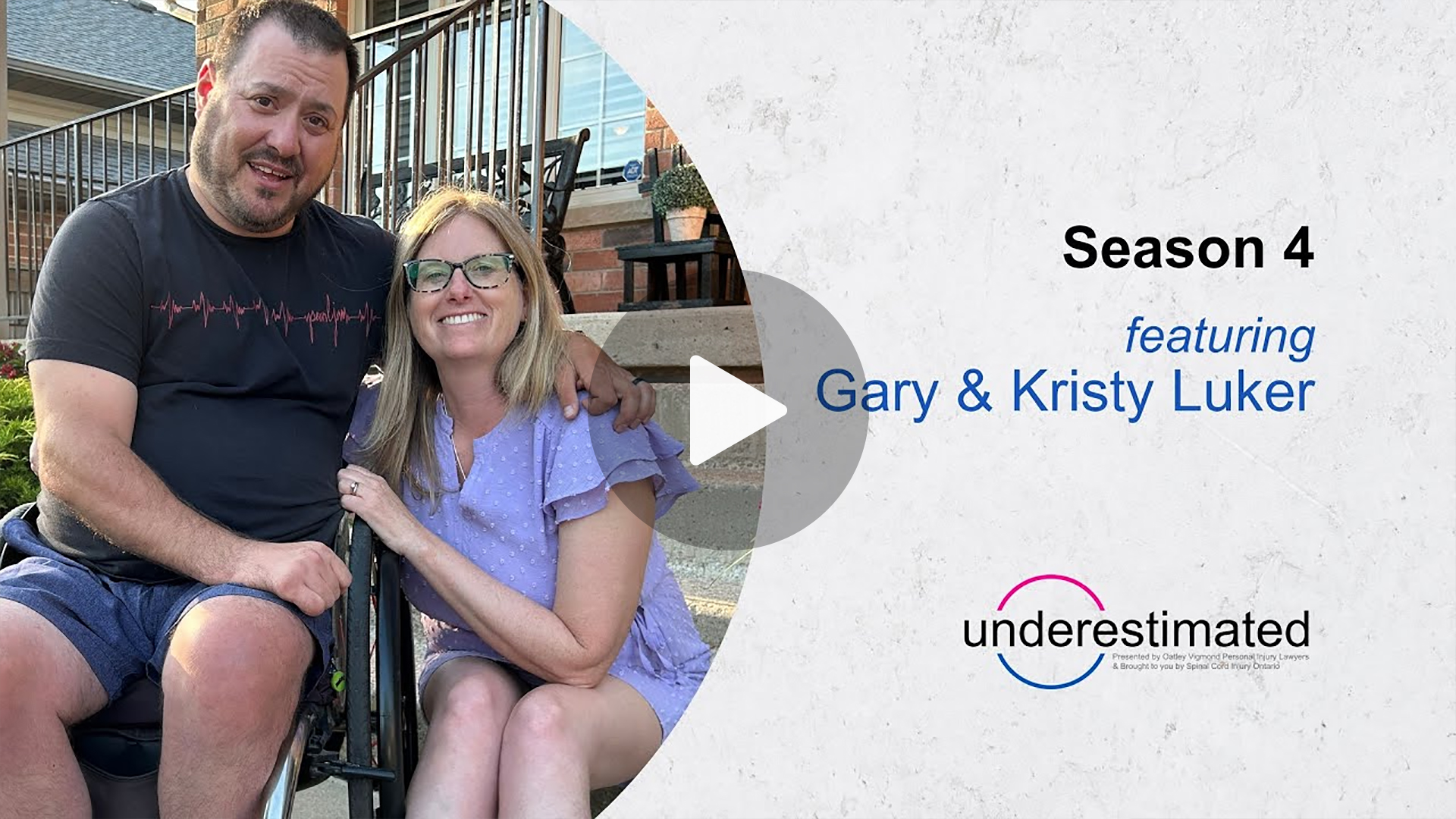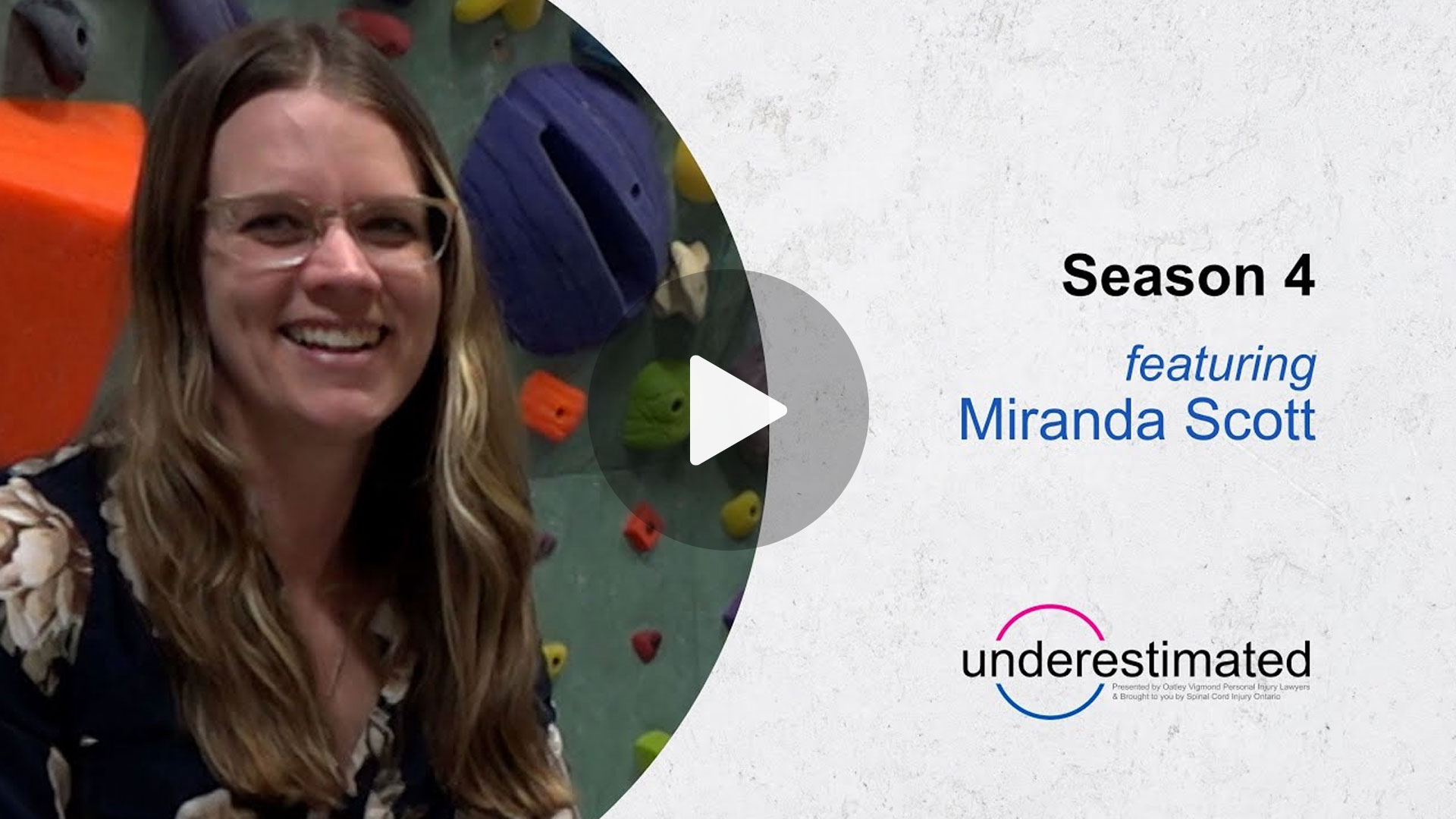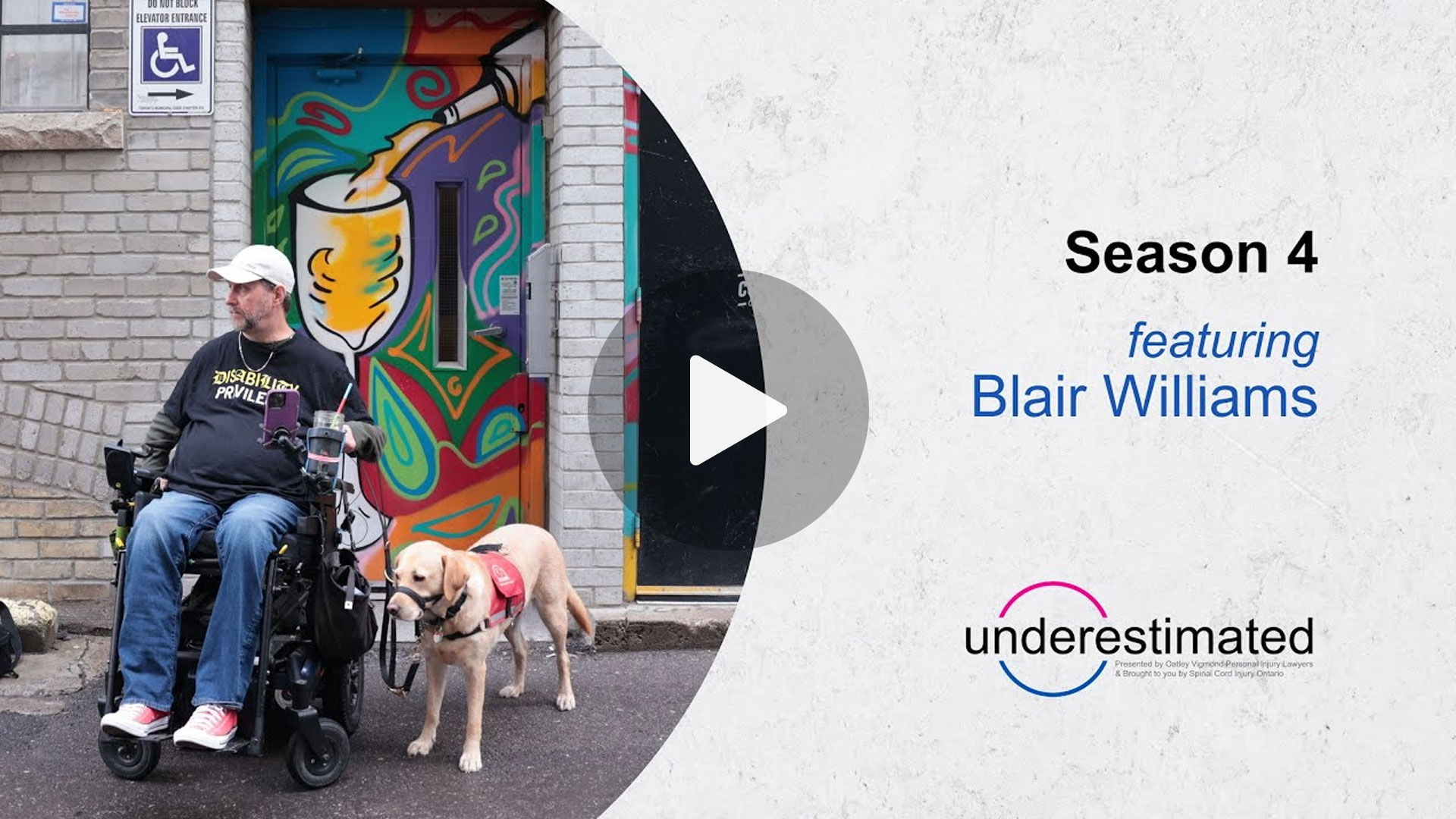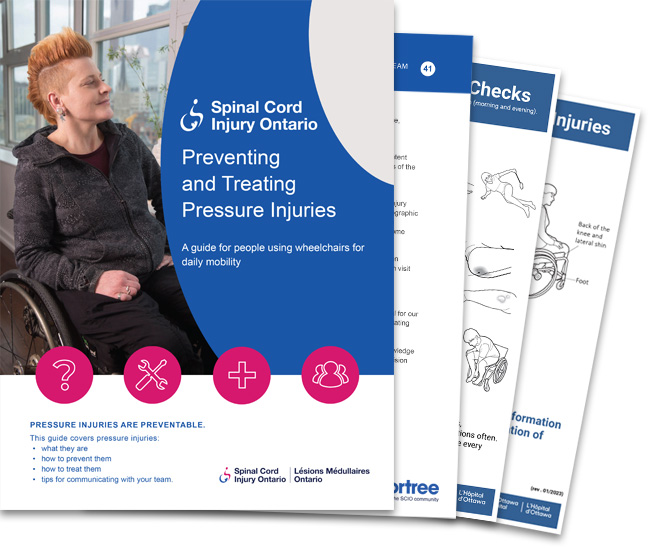Wendy Nieuwland is an Occupational Therapist and co-owner of Skill Builders Physiotherapy and Rehab Centre. Wendy is certified in Driver Rehabilitation and a Licensed Driving Instructor. She sits on various physician committees regarding how to best assess and screen older drivers. Skill Builders is recognized by the Ministry of Transportation to conduct functional driving assessments including medical, vision waiver, commercial vision waiver and biotic telescope assessments. Wendy joins Tory to discuss adaptive driving equipment and an innovative solution making driver training more accessible to people across Ontario.
Vehicles can be adapted to meet a wide variety of mobility needs. There are many adaptations that allow people with mobility issues to drive independently. If you use a cane, walker, wheelchair or other assistive device, you can drive a modified vehicle and enjoy the independence and freedom of movement we all value. There are also adaptive technologies to make it easier to carry a variety of passengers, whether it’s to transport an older relative, a child who uses a wheelchair, or a spouse who has experienced a stroke.
If your mobility has changed and you want to return to driving, the first step is completing a driving assessment. A referral for a driving assessment may come from a doctor or another member of your healthcare team. These assessments take place at a driver rehabilitation facility. You will be assessed by an occupational therapist and a certified driving instructor. The goal of the driver assessment is to determine if, and how, your medical condition affects your ability to drive safely. The therapist working with you will explore options to help you to return to independent driving.
The first thing the therapist will do is review your medical and driving history to better understand what you will need to return to driving.
The second part of the assessment is physical and cognitive testing. Physical testing may include assessment of movement and strength in your arms and legs as well as measurements of your wheelchair (if you require the use of one). Cognitive testing may include tests to assess your reaction time, decision making, and attention skills.
The last part of the assessment is an on-road assessment. The goals for this portion will be specific to you but may include:
- Exploring technology and vehicle options
- Introducing you to the assistive technology needed to drive independently
- Determining your ability to drive safely
Depending on your functional abilities, personal preferences and budget, a range of vehicle modification options are available to you. Talking with an occupational therapist and vehicle modification vendors will help you to identify the most suitable combination of modifications tailored to your requirements and budget. They have the expertise to guide you on your journey back to the road, ensuring your safety and confidence throughout the process.
To learn more about Skill Builders, visit www.skillbuildersrehab.com
To search the Association for Driver Rehabilitation Specialists, visit www.aded.net/
To search the National Mobility Equipment Dealers Association, visit www.nmedacanada.ca






